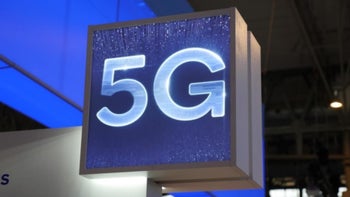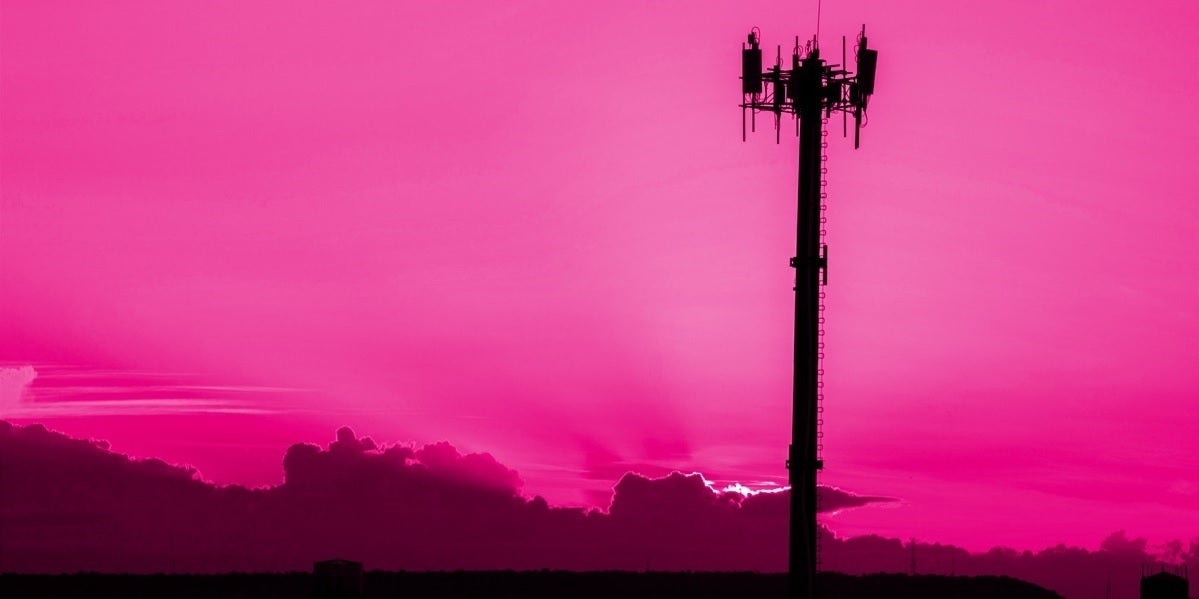Dish and DirecTV are reportedly planning a merger that might jumpstart 5G services rollout in U.S.

The New York Post is reporting today that DirecTV and Dish Network are discussing a merger. But getting this deal past the regulatory agencies is going to be tough. Two years ago, the satellite-TV firms tried to combine but were shot down by the Justice Department and the FCC. The DOJ also warned executives of both companies that any merger between the pair should wait until faster 5G wireless speeds become available in rural markets.
That's because faster 5G in rural markets would lead consumers living in that region to drop the satellite services that DirecTV and Dish offer. As a result, the merger would be during a period of weakness instead of during a period of strength which would allow the regulatory agencies to approve it. The FCC and DOJ would feel better if an alternative 5G service created by the merged DirecTV-Dish faced more competition, not less.
DirecTV and Dish Network once again face regulators asking for permission to merge
The concern at the time was that rural Americans, without a plethora of wireless internet options, might have to deal with higher pricing for service in the aftermath of a merger between DirecTV and Dish. But the thinking regarding a merger between DirecTV and Dish has undergone a change as both firms no longer wield the power they once had. And some believe that the merger is just the thing needed to jumpstart the sluggish rollout of wireless 5G service in the states.

Dish Wireless has an MVNO deal with AT&T while it builds a stand-alone 5G network
According to a source close to the talks, DirecTV's 30% owner, TPG Capital, is pushing to get a deal done. The company purchased its stake in DirecTV from AT&T last February and is looking to get rid of the investment and recoup its losses. TPG's acquisition of its stake in DirecTV put the enterprise value of the firm at $16.25 billion.
Dish played an important role in T-Mobile's $26 billion acquisition of Sprint which turned over the latter's valuable hoard of 2.5GHz mid-band spectrum to the nation's second-largest carrier allowing it to take the early lead in U.S. 5G wireless service. The FCC and DOJ had previously shut down a Sprint-T-Mobile combination for fear that the reduction in the number of major carriers by 25% would lead to higher pricing.
But both agencies signed off on a plan that replaced Sprint with Dish. The hope is that Dish will eventually the "fourth nationwide facilities-based network competitor" replacing Sprint and thus keeping prices from rising. Thanks to an MVNO deal it has with AT&T, Dish could offer wireless service to customers while building its own stand-alone 5G network.
While Dish Wireless started with the 9.3 million customers it was given as part of its deal with Sprint, after the third quarter of last year that number had declined to 8.77 million. Both DirecTV and Dish are losing satellite television subscribers with DirecTV down to approximately 15 million customers, a decline of 40% since 2017.
Will regulators allow two declining satellite TV providers to merge?
Dish has seen the number of its satellite subscribers drop from 13 million to 8.4 million. With both companies struggling, many believe that the regulatory agencies might be more apt to approve a merger. A person close to the deal says, "They’re coming together because it makes all the sense in the world. Both are decaying, dying channels — you can’t argue there is an antitrust issue."
Dish Chairman Charlie Ergen has said that the merger is "inevitable" and will result in cost savings of $1 billion. Yet Ergen is also believed to be making demands that are making it harder to get the deal done. Sources say that he is demanding a large number of voting shares and wants to have an input in the major decisions that a combined DirecTV-Dish would be making.










Things that are NOT allowed: